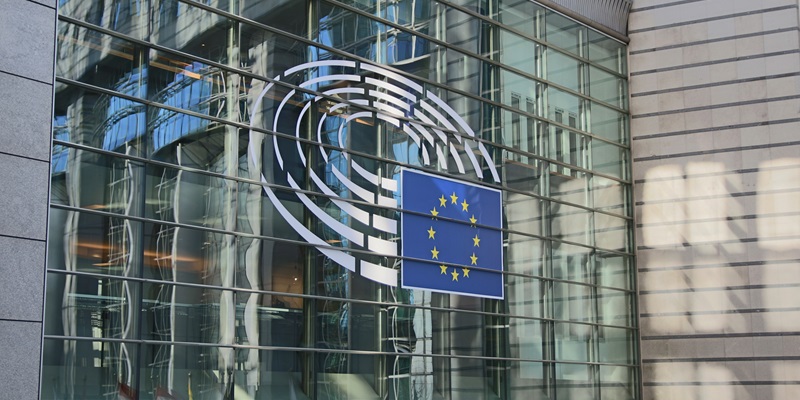EU negotiators achieved a momentous milestone on Friday by reaching a groundbreaking agreement on comprehensive artificial intelligence (AI) rules. Known as the Artificial Intelligence Act, this historic deal emerged after intense negotiations between the European Parliament and the bloc’s member countries. The agreement aims to establish clear guidelines for the responsible development and use of AI technologies.
Negotiations and Challenges
The negotiations were not without challenges, as key differences arose on controversial issues such as generative AI and police use of facial recognition surveillance. These contentious matters prompted intense discussions and compromises among the EU negotiators. However, amid divergent opinions, the negotiators strove to strike a balance between AI innovation and protecting individuals’ rights.
Announcement and Significance
Taking to Twitter, European Commissioner Thierry Breton proudly announced the deal, emphasizing that the EU has become the first continent to set clear regulations for AI. This landmark accomplishment highlights the EU’s commitment to promoting ethical and responsible AI practices. By establishing comprehensive AI rules, the EU aims to address public concerns, build trust, and create a framework that encourages innovation while safeguarding citizens’ rights.
Marathon Talks and Political Victory
The marathon talks that spanned over 22 hours resulted in a crucial political victory for the EU. The negotiators demonstrated their unwavering commitment and dedication to reaching a consensus that benefits both individuals and the advancement of AI technologies. This victory has solidified the EU’s position as a leader in AI regulation on a global scale.
EU’s Leadership in AI Regulation
Despite receiving feedback and facing challenges during negotiations, the EU remains at the forefront of AI regulation. The comprehensive approach outlined in the Artificial Intelligence Act reinforces the EU’s commitment to ensuring that AI technology is developed and used in a responsible and accountable manner. The EU continues to pave the way for other governments and international bodies in establishing consistent and robust AI guidelines.
Next Steps and Timeline
While the deal represents a significant step forward, the European Parliament must still vote on the act early next year. This democratic process allows for further debate and improvements to the legislation. If approved, the AI law will not come into full effect until at least 2025. The implementation timeline ensures that organizations and individuals have ample time to align their practices with the new regulations effectively. Violations of the AI rules will be subject to substantial financial penalties, further emphasizing compliance and accountability.
Addressing Concerns
The regulations aim to address various concerns surrounding AI systems. One critical concern is the potential displacement of jobs due to AI automation. By establishing clear rules, the EU intends to navigate the challenge of job disruption and facilitate a smooth transition in the labor market. Additionally, privacy risks associated with AI technologies have received significant attention. The AI rules will mandate stringent data protection measures, ensuring the privacy and security of individuals. Moreover, the regulations also aim to mitigate risks to human life posed by AI technologies, promoting their responsible and safe utilization.
Influencing Global Governments
The EU’s comprehensive approach to AI regulation sets a powerful example for governments worldwide. By displaying a clear and principled framework, the EU encourages other nations to adopt similar measures to ensure the responsible development and use of AI technologies. The EU’s leadership in this domain can pave the way for cohesive international cooperation and coordination on AI regulations that transcend borders.
EU negotiators have made history by reaching a groundbreaking deal on comprehensive AI rules, known as the Artificial Intelligence Act. This achievement exemplifies the EU’s commitment to striking a balance between technological innovation and protecting individuals’ rights. While the deal represents a significant step forward, further approval from the European Parliament is needed before the act becomes legislation. By addressing concerns and setting a precedent for responsible AI development and use, the EU’s comprehensive approach aims to inspire governments worldwide to adopt similar measures, fostering a global ecosystem for safe and ethical AI advancement.

